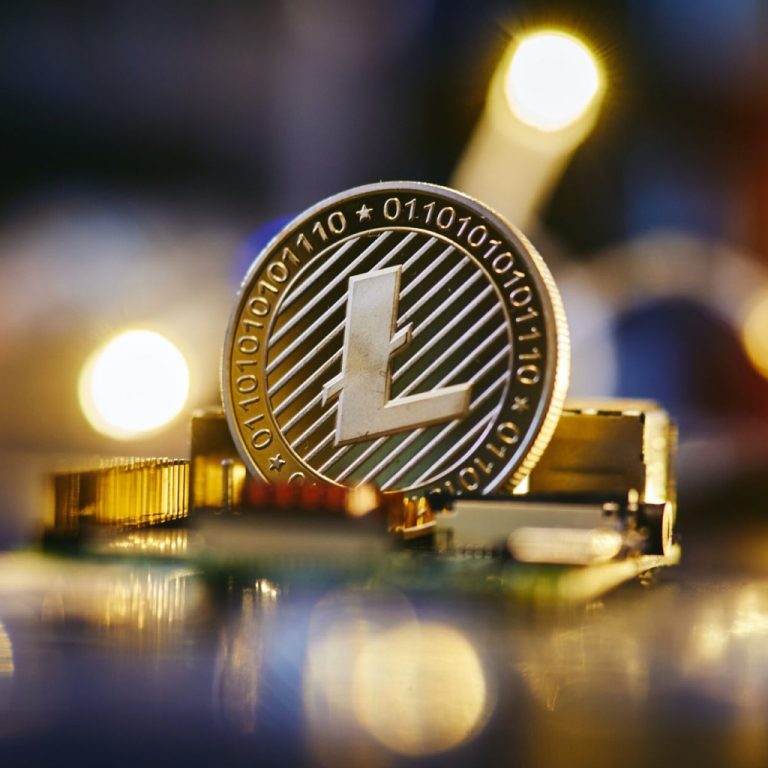What is Litecoin (LTC)?
Litecoin (LTC) Definition: Litecoin is a cryptocurrency developed as a fork of Bitcoin, designed with an optimized mining algorithm (Scrypt) that enhances transaction speed and reduces the risk of mining power centralization.
Litecoin is a peer-to-peer cryptocurrency created by Charlie Lee in 2011 as a Bitcoin fork. Often called the “silver to Bitcoin’s gold,” Litecoin shares Bitcoin’s core principles while offering technical enhancements for improved functionality. It operates as an open-source, decentralized network, enabling users to conduct digital transactions without intermediaries.
Litecoin uses a proof-of-work (PoW) consensus mechanism but employs the Scrypt hashing algorithm, which is memory-intensive and resistant to ASIC dominance. This design promotes a more decentralized mining environment compared to Bitcoin.
Key distinctions include faster transaction confirmation times due to its shorter block generation time and a larger supply cap of 84 million LTC, compared to Bitcoin’s 21 million BTC. These features make Litecoin more suitable for everyday transactions, including microtransactions and quick payments, while maintaining lower transaction fees.
Litecoin’s utility spans online purchases, remittances, and tipping on digital platforms. Its efficient transaction processing and consistent performance have established it as one of the most enduring cryptocurrencies, supported by an active development community. Over time, Litecoin’s innovations have influenced blockchain scalability solutions and user experience improvements across the crypto ecosystem.
Share this post












